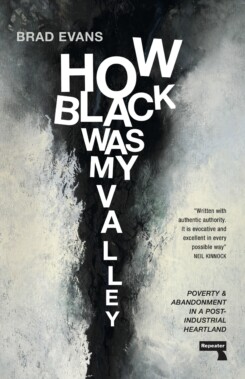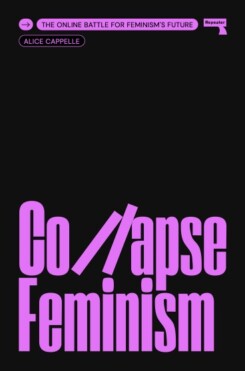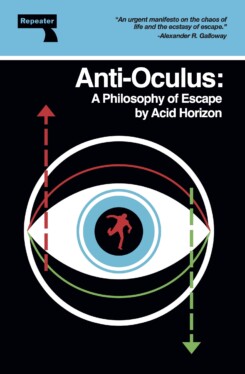£7.99 – £8.99
What were the conditions of possibility for art and music-making before the era of neoliberal capitalism? What role did punk play in turning artists to experiment with popular music in the late 1970s and early 1980s? And why does the art and music of these times seem so newly pertinent to our political present, despite the seeming remoteness of its historical moment?
Focusing upon the production of post-punk art, film, music, and publishing, Post-Punk Then and Now offers new perspectives on an overlooked period of cultural activity, and probes the lessons that might be learnt from history for artists and musicians working under 21st century conditions of austerity. Contemporary reflections by those who shaped avant-garde and contestatory culture in the UK, US, Brazil and Poland in the 1970s and 1980s. Alongside these are contributions by contemporary artists, curators and scholars that provide critical perspectives on post-punk then, and its generative relation to the aesthetics and politics of cultural production today.
Gavin Butt works as a transdisciplinary scholar across the intersecting areas of performance studies, queer studies, visual culture, and popular music. He works on experimental art and performance and their relation to popular cultural forms; queer club performance; post-punk culture; and live art, theatre and performance art. Before taking up the Attenborough Chair at Sussex in September 2016, he was Professor of Visual Cultures and Performance at Goldsmiths, University of London.
Kodwo Eshun is a British-Ghanaian writer, theorist and filmmaker. He studied English Literature at University College, Oxford University, and Romanticism and Modernism MA Hons at Southampton University.
Mark Fisher (1968 – 2017) was a co-founder of Zero Books and, later, Repeater Books. His blog, k-punk, defined critical writing for a generation. He wrote three books, Capitalist Realism, Ghosts of My Life and The Weird and the Eerie, and was based at the Visual Cultures department at Goldsmiths, University of London.
“Skilfully maps a range of critical perspectives on post-punk, particularly those that fit into the vein of Capitalist Realism.”




